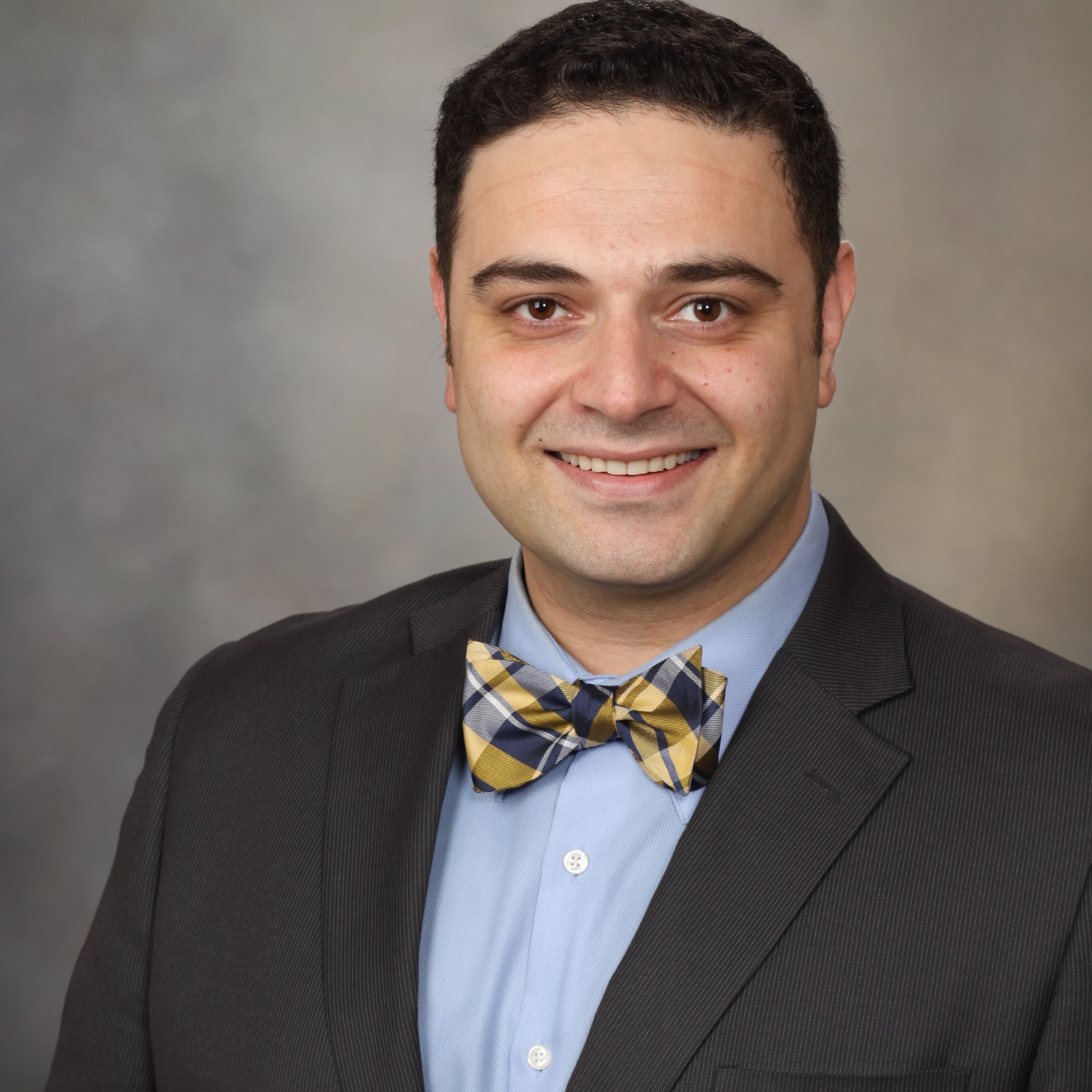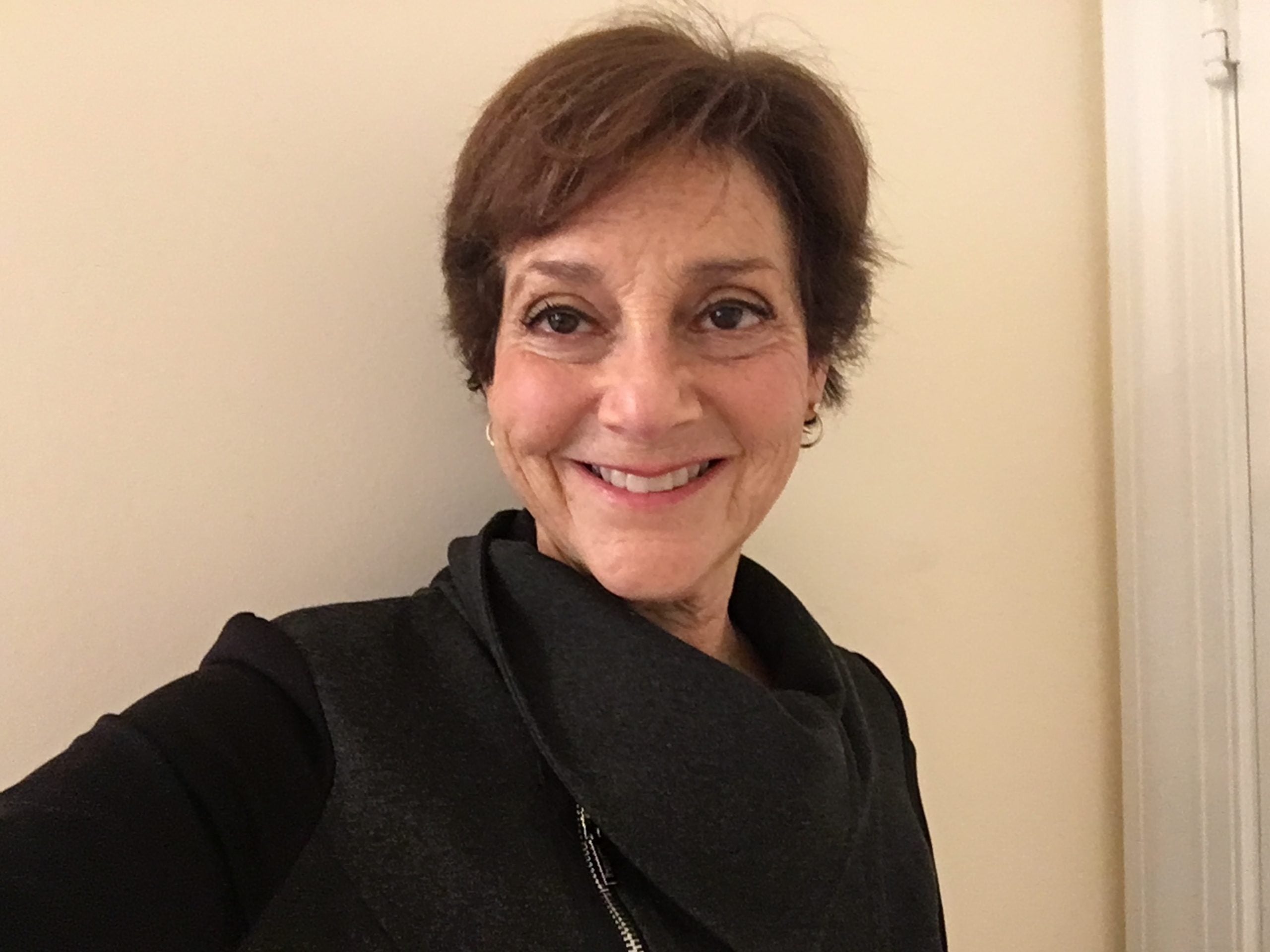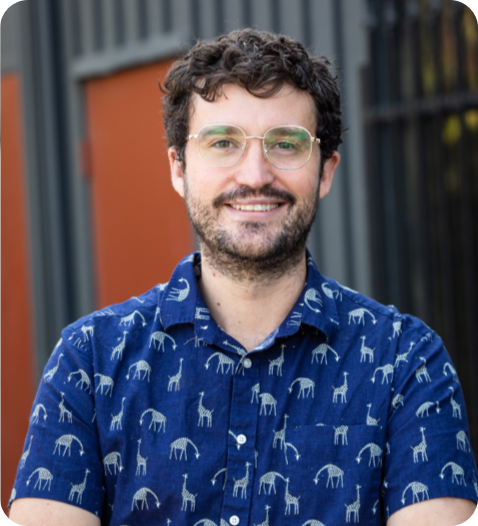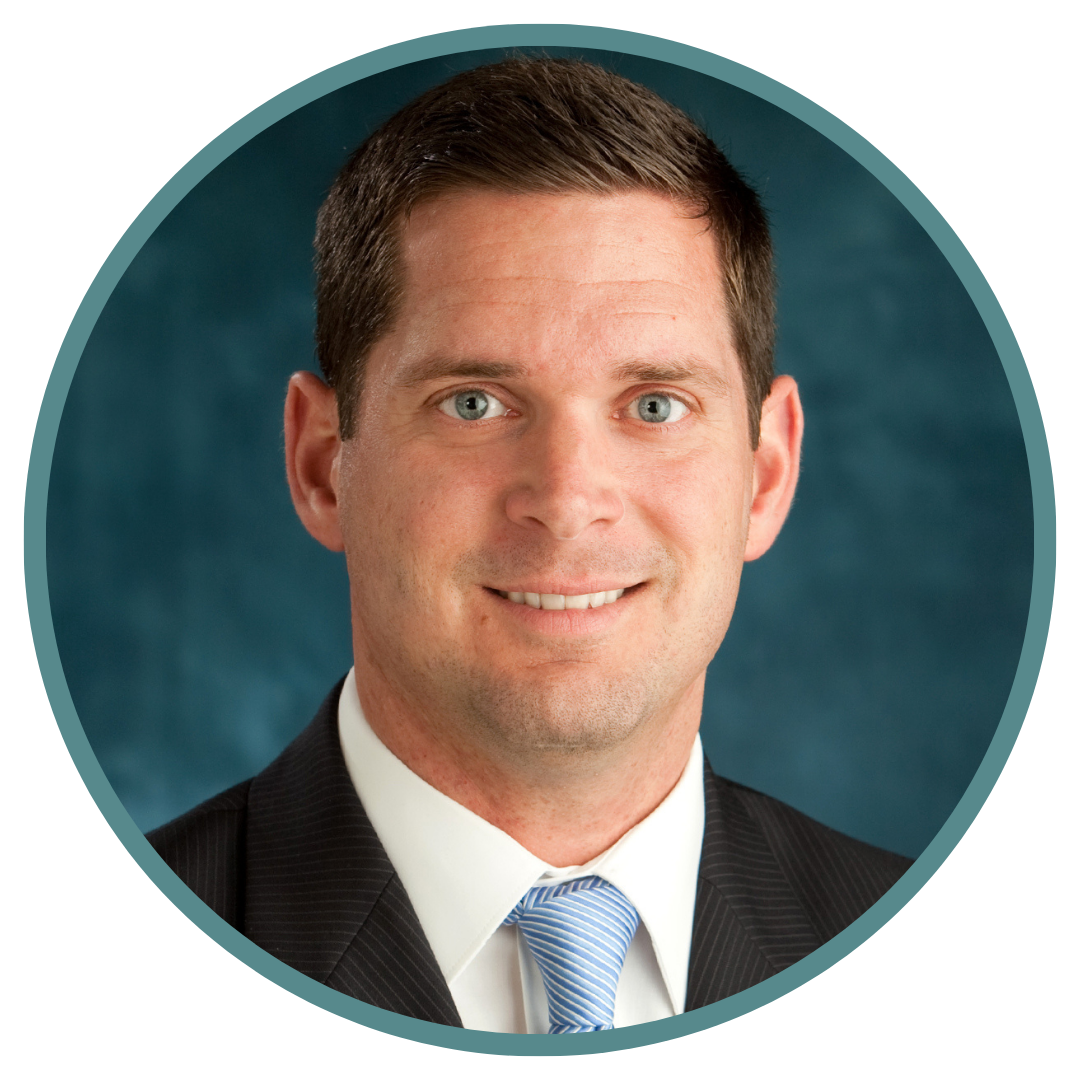Conference Session Block 3
|
Friday, March 21
*This schedule is subject to change
Role of Minimally Invasive Gynecologic Surgery in Reproductive Endocrinology & Infertility
Learning Objectives:
-
To highlight various pathologies that could have impact on fertility.
-
To demonstrate key surgical techniques for pathologies impacting fertility.
-
To understand management of patient's with reproductive surgery needs and to appropriately counsel them for surgery versus fertility treatments.
Description:
This session will highlight keep pathologies that require surgical intervention for fertility enhancement. The session will cover various clinical scenarios where decisions are made between moving forward with fertility treatment or surgery. With the help of surgical videos the session will demonstrate surgical approaches to important pathologies that are often encountered with infertility. Patient counseling and best route for efficacious fertility treatments would be discussed in various disease processes.
Presented by:
 Jon Ivar Einarsson Jon Ivar Einarsson
Biography: Dr. Einarsson is the Founder of the Division of Minimally Invasive Gynecologic Surgery at Brigham and Women's Hospital and a Professor of Obstetrics, Gynecology and Reproductive Medicine at Harvard Medical School. He is also the past President of the AAGL. He maintains an active clinical research program, and has published approximately 200 peer-reviewed manuscripts, abstracts and book chapters. He is also an innovator and holder of 38 medical device patent applications and granted patents. His referral practice is devoted to advanced laparoscopic surgery. He also runs a private practice in Iceland, which is the highest volume endometriosis center nationally.
 Zaraq Khan Zaraq Khan
Biography: Dr. Zaraq Khan is double board certified in OBGYN and reproductive endocrinologist and infertility with additional special training in endometriosis excision surgery as well as minimally invasive gynecologic surgery and reproductive organ transplant. Dr. Khan completed a residency in Obstetrics & Gynecology at the Mayo Clinic, in Rochester, MN. He completed an NIH funded master's in clinical research and then went onto start his first fellowship in Reproductive Endocrinology & Infertility also at the Mayo Clinic in Rochester, MN. In 2015 Dr. Khan was awarded the prestigious Mayo Clinic Scholar which allowed him to complete a second travelling fellowship in Minimally Invasive Gynecologic surgery/ Reproductive organ transplantation and endometriosis excision surgery. Through this program, he worked in Kiel Germany at Kiel School of Endoscopy, Kantosspital Aarau in Switzerland and at Center of Endometriosis Care in Atlanta, Georgia. He received additional reproductive surgery training at Rigshospitalet in Copenhagen, Denmark, University of Gothenburg in Sweden and at the Cleveland Clinic in Ohio. Dr. Khan works full time as a reproductive surgeon at the Mayo Clinic in Rochester MN, where he sees patients with infertility and advanced endometriosis, fibroids, adenomyosis, complex Müllerian anomalies and tubal disease. His passion lies in helping women with advanced endometriosis who are eagerly seeking fertility..
Emerging Clinical and Legal Challenges Surrounding Genetic Testing in the IVF Clinic
Learning Objective:
-
Identify the complex issues presented by patient and physician autonomy surrounding decision-making for use or non-use of embryos based on PGT-M results.
-
Evaluate clinic protocols for genetic testing, screening, communication and documentation.
-
Recognize the role and value of genetic counselors in both the pre and post- PGT-M testing process.
Description:
A genetic counselor and ART lawyer will present a series of challenging PGT-M cases and the inter-professional issues they raise. With audience participation, we will explore how the ever-expanding availability of genetic information regarding embryos raises critical questions of informed consent, consistency and documentation; patient and physician autonomy; and highlights the critical importance of professional pre-test and post-test genetic counseling.
Presented by:
 Susan Crockin Susan Crockin
Biography: Susan has practiced and taught “ART Law” for over 30 years; she created the Crockin Law & Policy Group in 1988, one of the first US law firms exclusively for Adoption and ART Law; which continues to represent and advise patients, ART clinics and programs. She is a Senior Scholar at Georgetown University Law Center’s O’Neill Institute for National & Global Health Law and an adjunct professor, teaching ART Law courses she created. She is the PI for Jones Rounds (www.jonesrounds.org), an innovative interactive educational program confronting cutting-edge inter-disciplinary issues at the intersection of ART medicine, law, and ethics for REI Fellows, faculty and others.Susan is the editor or co-author of 3 books on ART law, policy and ethics, including “Legal Conceptions: the Evolving Law and Policy of the ARTs” (co-authored with the late Dr. Howard W. Jones, Jr); creator and author of ASRM’s column “Legally Speaking,” and has authored dozens of peer-reviewed articles and chapters on inter-disciplinary ART issues. She is a member of ASRM’s Ethics Committee and Legal Professional Group, SART’s Model Consent Forms committee, AAARTA, and worked on NCCUSL’s Uniform Parentage Act of 2017 and subsequent amendments.
 Amy Vance Amy Vance
Biography: Ms. Vance is a Board Certified and Licensed Genetic Counselor and founder of Bay Area Genetic Counseling, a consulting practice specializing in genetic risk assessment for gamete donors and fertility patients. She is respected as a leader and innovator among genetic counselors. She has provided genetic counseling since 1991, with clinical experience and significant expertise in prenatal, pediatric, adult, cancer, and reproductive genetics. She has served on the board of the American Society of Reproductive Medicine’s Genetic Counseling Special Interest Group from 2002-2016 and has chaired the National Society of Genetic Counseling ART Group. She has served as a Clinical Advisor for Good Start Genetics/Invitae has been the Genetic Counseling Advisor for the Society for Ethics for Egg Donation and Surrogacy (SEEDS). Ms. Vance has authored many published papers and abstracts, as well as 10 entries in the Gail Encyclopedia of Genetic Conditions. She has written newsletter articles and has delivered numerous invited presentations. She has taught courses for the Genetic Counseling Program at the University of California, Berkeley and has supervised genetic counseling interns from various genetic counseling programs. Her area of interest in research has focused on the importance of family history risk assessment for gamete donors and couples prior to IVF. This research is ongoing and has been presented at numerous national and international meetings. Ms. Vance provides expert witness testimony for cases involving genetics, genetic disorders, and birth defects. Ms. Vance earned her B.A. in from Miami University in Oxford, Ohio and her M.S. in Genetic Counseling from the University of Cincinnati.
Rethinking Reproduction: Past and Future of In Vitro Gametogenesis
Learning Objectives
-
Understand the scientific milestones in the development of in vitro gametogenesis, including its origins, key achievements in mouse models, and current advancements in human research.
-
Identify and evaluate the technical hurdles towards its clinical implementation.
-
Analyze the broader implications of IVG, including ethical, social, and scientific considerations, and discuss how this technology could reshape reproductive medicine in the future.
Description:
In vitro gametogenesis (IVG) is redefining our understanding of reproductive biology. In this session, we will explore the fascinating journey of IVG: from its origins and groundbreaking successes in mouse models to its current progress in human research. We’ll discuss the challenges that stand between research and clinical implementation. Finally, we’ll examine the broader scientific and societal implications of IVG as we move toward a future where this technology could transform reproductive medicine.
Presented by:
 Pablo Hurtado Gonzalez Pablo Hurtado Gonzalez
Biography: Pablo Hurtado, PhDCo-Founder and Chief Scientific Officer, Conception BioscienceDr. Pablo Hurtado is the Co-Founder and Chief Scientific Officer at Conception Bioscience, where he leads innovative research on generating human eggs in vitro for fertility purposes. Based in Berkeley, CA, Conception Bioscience is at the forefront of reproductive biotechnology.Dr. Hurtado completed his PhD in Reproductive Health at the University of Edinburgh. His doctoral research focused on the impact of fetal germ cell exposure to analgesics during pregnancy. He also earned an MSc in Reproductive Science and Women’s Health from University College London and a biochemistry degree from Universidad Autónoma de Madrid. After his PhD, Dr. Hurtado pursued a postdoctoral fellowship at the Institute for Society and Genetics at UCLA, where he studied the epigenetic effects of environmental exposure on primordial germ cells. During this fellowship, trained at Kyushu University, Japan, under the supervision of Katsuhiko Hayashi, where he gained valuable expertise in generating mouse eggs from pluripotent stem cells.Dr. Hurtado’s work is dedicated to advancing fertility treatments and expanding the possibilities for individuals and couples facing infertility challenges.
Diversity, Equity and Inclusion in Reproductive Medicine
Learning Objectives:
-
Understand the barriers that patients of color face in their quest to receive fertility care.
-
Demonstrate how pathway programs will help to increase people of color into the field of reproductive medicine as providers, nurses, lab personnel and mental health professionals.
-
Describe how the ASRM definition of infertility can potentially be a barrier to care.
Description:
After the George Floyd murder, the American Society for Reproductive Medicine was one of the first medical societies to convene a task force to look into how the field of reproductive medicine can increase the number of REI providers, nurses, lab personnel and mental health professionals of color. In addition, ASRM was determined to break down barriers so that patients of color to receive care.
Presented by:
 Michael Thomas Michael Thomas
Biography: Dr. Michael A. Thomas is the Professor and Chair of the Department of Obstetrics and Gynecology at the University of Cincinnati College of Medicine. He is board certified in both obstetrics and gynecology and reproductive endocrinology and infertility.He graduated from Northwestern University with a degree in Radio-TV-Film, then matriculated at the University of Illinois College of Medicine. After medical school, he was a resident in obstetrics and gynecology at Wayne State University in Detroit, MI. Dr. Thomas completed his fellowship in reproductive endocrinology and infertility at the University of Cincinnati College of Medicine, where he subsequently began his faculty appointment in 1990.Since 1995, Dr. Thomas as been the Principal Investigator of the Contraceptive Clinical Trials Network of the National Institutes of Health and has performed a number of clinical research projects in areas that include contraception, menopause, infertility, and the effects of environmental toxins on reproductive function. In March 2020, Dr. Thomas was named the first African American Department Chair of a Clinical Program at the University of Cincinnati College of Medicine in its 200 year history.
The Triad of Excellence: Aligning Vision, Mission, and Values to Enhance Patient Experience, Team Retention, and Process Efficiency
Learning Objectives:
-
Aligning Mission, Vision, and Values to Drive Organizational Success:Define the mission, vision, and values of an organization and examine their critical role in shaping organizational direction. Explore how these foundational elements influence decision-making, organizational culture, and overall business strategy, laying the groundwork for successful partnerships and long-term sustainability.
-
Building a Values-Driven Workplace to Enhance Employee Satisfaction and Retention:Discover strategies for recruiting talent that aligns with your organization’s mission and values. Discuss how a shared commitment to mission and values enhances employee satisfaction, engagement, and overall performance. Explore the role of a cohesive organizational mission in improving employee retention and fostering a positive, long-term work environment.
-
Enhancing Patient Care and Customer Satisfaction through Shared Values:Highlight the connection between a values-driven approach and improved patient care and customer satisfaction. Demonstrate how aligning mission, vision, and values across teams and partnerships leads to better service outcomes, fostering trust, loyalty, and service excellence.
Description:
This session will explore the critical role that aligning an organization’s vision, mission, and values plays in creating a thriving environment for patients, employees, and processes. Attendees will gain insights into how these foundational elements can drive improvements in patient experience, enhance team retention, and optimize operational efficiency. By understanding the connections between organizational culture, employee engagement, and service outcomes, participants will leave with actionable strategies for fostering a values-driven approach that drives sustained success.
Presented by:
 Sara Mooney Sara Mooney
Biography: Sara Mooney is a dedicated professional with 15 years of experience in the fertility field, currently serving as a Practice Administrator at RMA. Her background in HR and operations has equipped her with a unique skill set focused on change management, mentoring, and the growth and expansion of practices, as well as recruiting. Sara holds a Bachelor of Arts in Psychology from Seattle Pacific University. On a personal note, she is a mother to a 16-year-old daughter Grace, and an adorable dog, Lucky. Grace is also adorable. Sara enjoys an active lifestyle, including running, Peloton and Barre3, and skiing, and has recently discovered a passion for golfing. In her professional endeavors, Sara is passionately committed to fertility and patient care, as well as to the well-being of the employees under her care.
Current Status of IVF Lab Automation – Are We Closer to Reality?
Learning Objectives:
-
Understand complex manual processes that occur with the embryology lab.
-
Comprehend risks and limitations of current lab approaches and areas for improvement.
-
Identify current state of lab automation. 4) Discuss future needs to fully implement IVF lab automation.
Description:
Technological advancements within the IVF laboratory have lent themselves to continued improved outcomes. However, embryology remains a largely manual process, with seemingly ever increasing complexity. These manual processes impact efficiency and throughput, and also present area of potential variability and for error to occur. Automation of manual lab processes offer a means to improve consistency, procedure accuracy and help address limitations of complex manual tasks. While several examples of successful semi-automation exist with the IVF lab, there are emerging technologies that attempt to combine several tasks into a fully automated approach. Some of these technologies will be discussed, with a practical emphasis on time-lines for real-world clinical implementation.
Presented by:
 Jason E. Swain Jason E. Swain
Biography: Jason E. Swain, PhD, HCLD is the Chief Laboratory Officer and President of Laboratory Operations for the CCRM Fertility Network, overseeing laboratory operations of a growing network of clinical IVF centers in North America. Dr. Swain completed his BSc at Hillsdale College in his native Michigan, his MSc in Animal Science at Purdue University and his PhD in Molecular & Integrative Physiology at the University of Michigan. Prior to helping start the CCRM Fertility Network, Dr. Swain was a Clinical Associate Professor at the University of Michigan where he directed the ART laboratories and was an active member of the Reproductive Sciences Training Program. He has held adjunct faculty roles at the University of Minnesota and Rutgers University and is currently a Clinical Associate Professor for the Reproductive Sciences program at Eastern Virginia Medical school. Dr. Swain has published extensively on topics related to the ART lab and has held various leadership roles with professional societies within the field of assisted reproduction, such as SART and SRBT. He serves on the editorial board and is an active reviewer for various journals. Jason has given numerous regional, national and international invited lectures on topics related to the IVF laboratory. His primary research interests include pursuit of methods to enhance in vitro embryo culture through development and implementation of new technology aimed at improving physical and chemical culture environment.
Debate: High DNA Fragmentation - TESE Versus Ejaculated Sperm
Learning Objectives:
-
Recognize clinical scenarios for which DNA fragmentation testing may be indicated.
-
Understand the current available treatment options for men with high DNA fragmentation.
-
Learn whether a non surgical or surgical treatment approach is preferable.
Description:
This session will discuss the treatment approach for men with high sperm DNA fragmentation. The panel will debate a non-surgical versus surgical intervention.
Presented by:
Joshua Morris (EVMS); Greysha Rivera-Cruz (Standford); Allison Eubanks (NIH); Allie Hutler (Harvard); Amanda Ferraro (Oklahoma); Ecem Esencan (Northwestern)
|